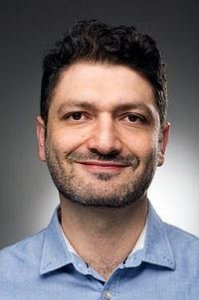Fratricidal Defection: How Blood Revenge Shapes Anti-Jihadist Mobilisation
| Provider | Czech Science Foundation |
| Programme | Standard project |
| Project code | 21-14872S |
| Participants | Faculty of Social Sciences Charles University |
This research proposal seeks to explain why local population mobilises against their co-believers on the side of their former enemies: counterinsurgents. I conceptualise this process as “fratricidal defection” (FD) and argue that the dynamics of FD depends heavily on Jihadist violence against civilians, which ignites the cycle of blood revenge. Jihadists’ targeting of civilians and the latter’s disregard for local traditions and beliefs lead to social, theological, and cultural disagreements between rebels and civilians, which fuel blood revenge-driven mobilization against Jihadists. I argue that while political and sectarian interests may function as significant incentives for anti-Jihadist mobilisation, it is the obligation to revenge – embedded in customary laws of honorific societies – that provides the key mobilisation mechanism for defectors. Drawing upon unique interviews with former members of Chechen insurgency and conflict witnesses as a case study, as well as utilising anecdotal evidence from secondary sources from across the world, a general theory of FD will be tested.
Share this project with others
Other related projects
Peace Research Center Prague
In our time of rapid change, the risks of major violent conflict are rising. The need to prevent unnecessary human suffering calls for a deeper scholarly understanding of the causes,…
The Center for the Transdisciplinary Research of Violence, Trauma and Justice (VITRI)
The Center for the Transdisciplinary Research of Violence, Trauma and Justice represents a hub for the study of collective violence, reconciliation, and transitional justice at Charles University. One of the…
Center for Advanced Economic Studies
The aim of the project is to maintain the high quality of economic research at Charles University (CU) and the cooperation between its workplaces engaged in economic research: CERGE and…



